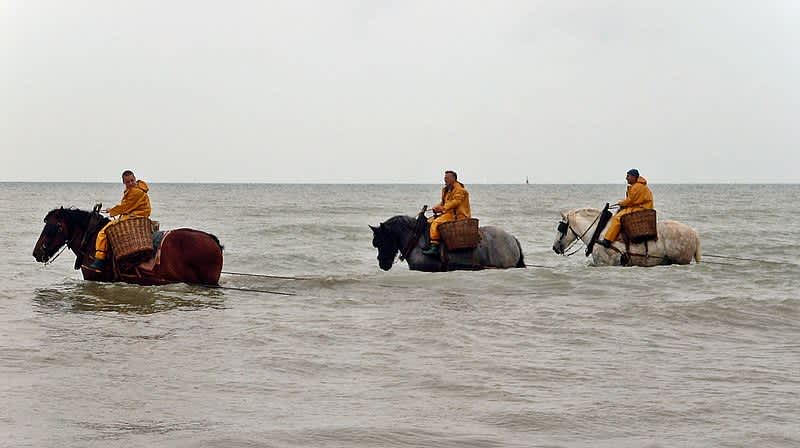9 Bizarre Fishing Laws That Are Actually Real
Daniel Xu 02.23.15

In a previous article, we outlined five popular US hunting “laws” that were actually myths. A same, if not greater, number of rumors persist for fishing, but this time we’re going to cover the laws that actually exist. If you’ve ever tried reading through your state’s game fish regulations—such as Utah’s for example—you’ll quickly find yourself confronted with pages upon pages of rules on what you can use for bait, how many lines you can use, what kind of fish you can catch, and a mountain of other specifications, which change depending on which lake or river you are fishing in. However, if you simply skim through the text, you’ll miss some of the more interesting ones.
Thankfully, we saved a few of them for this list.
1. You can’t fish in your pajamas in Chicago

Chicago boasts one of the fastest-growing scenes in urban fishing, but the city holds an absurd fashion law: no pajamas. Or at least it did as far back as 1964 when the Chicago Tribune first reported on it. Does the DNR still keep an eye out for stealthy, pajama-wearing anglers who skirt the law and live on the edge? We’re not sure, but we haven’t heard about it.
2. You can’t use corn for bait in Utah

Some states actually do allow for corn to be used in chumming, although it is generally not advised and in some cases, anglers could even be fined for littering. Utah however, has a firm “no corn or hominy” rule in its game fish regulations.
3. You can’t use your mouth to catch fish in Pennsylvania

Pennsylvania regulations forbid the use of any body part to catch fish, but that rule is often misinterpreted as “any body part except for your mouth.” We’re not sure how that miscommunication happened, but officers with the Fish and Boat Commission confirm that it is illegal to use your mouth as well. In fact, doing so many earn you a $100 fine.
4. It is illegal to bring fishing tackle to cemeteries in Muncie, Indiana

According to Wacky Laws, Weird Decisions, & Strange Statutes, it is forbidden to bring any fishing gear to a cemetery located in Muncie, a town of about 70,000 people. We’re not sure why this is, but it may have come about after a local cemetery discovered that a pond on its property attracted someone other than mourners.
5. It is illegal to fish from horseback in Washington, DC (as well as other places)

Fly fishing on horseback is great exercise for both the angler and equestrian, just as long as they don’t do it near the nation’s capital.
6. It is illegal to get fish drunk in Ohio

You would think that this law would be a no-brainer, but according to WKYC, Ohio law specifically forbids treating fish to a round of beers.
7. In the state of Washington, you can’t harvest a fish by throwing rocks at it

If you intend on skipping rocks in Washington State, you better hope that an errant throw doesn’t accidentally net you some fish.
8. It is illegal to lasso fish in Tennessee

We’re not entirely certain how one would go about lassoing a fish, but WBIR reports that the technique is illegal in Tennessee.
9. You can’t intentionally frighten fish in New York State

New York law stipulates that anglers can’t intentionally and overtly scare fish with their actions, such as jumping into the water next to them. In most states, this is generally just covered under wildlife harassment laws, as expected.
What are some that we missed? Let us know in the comments below.

